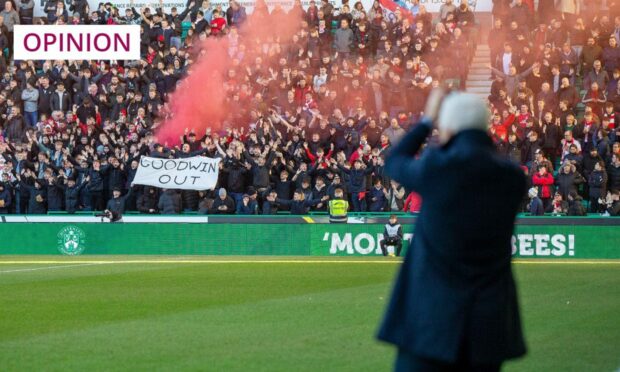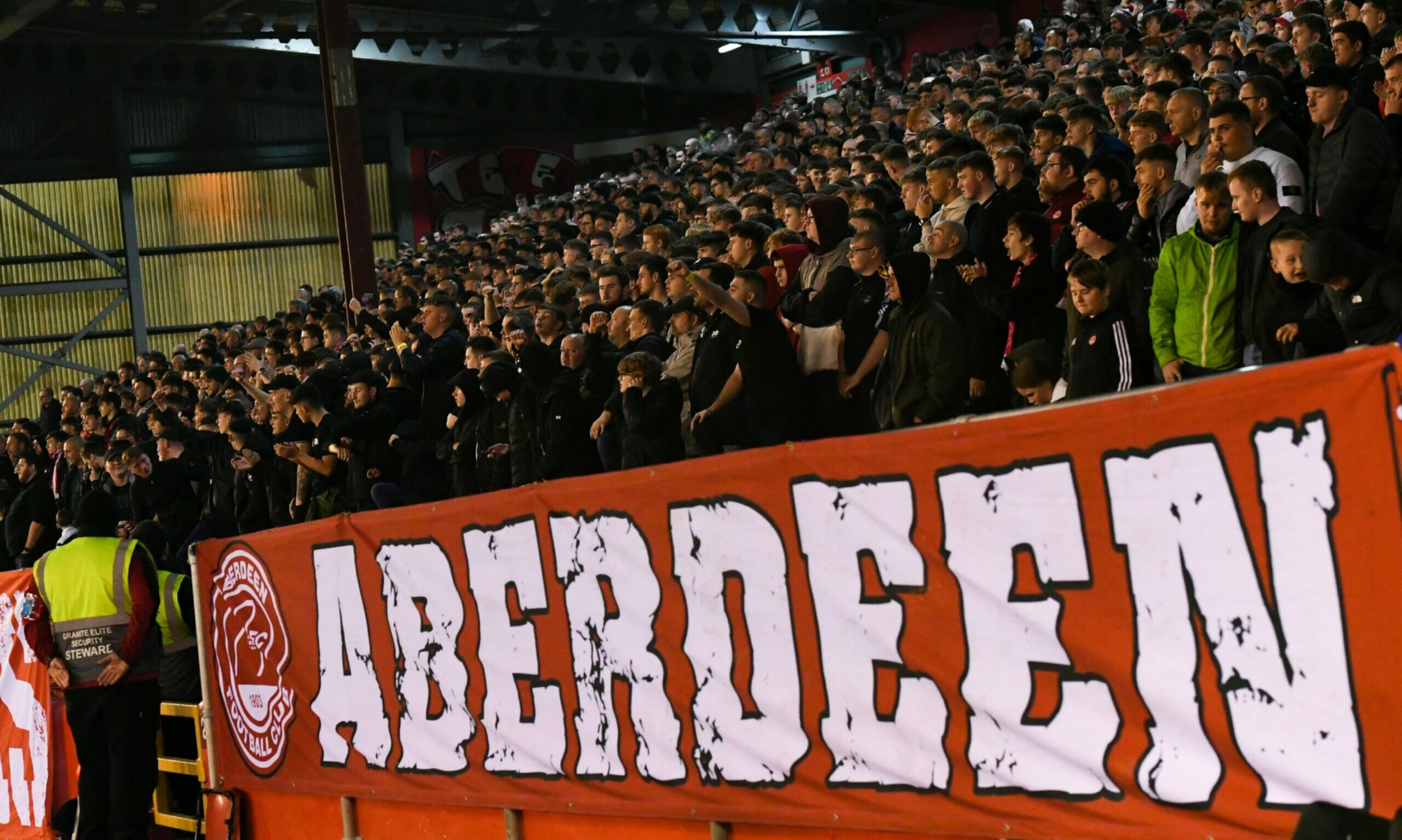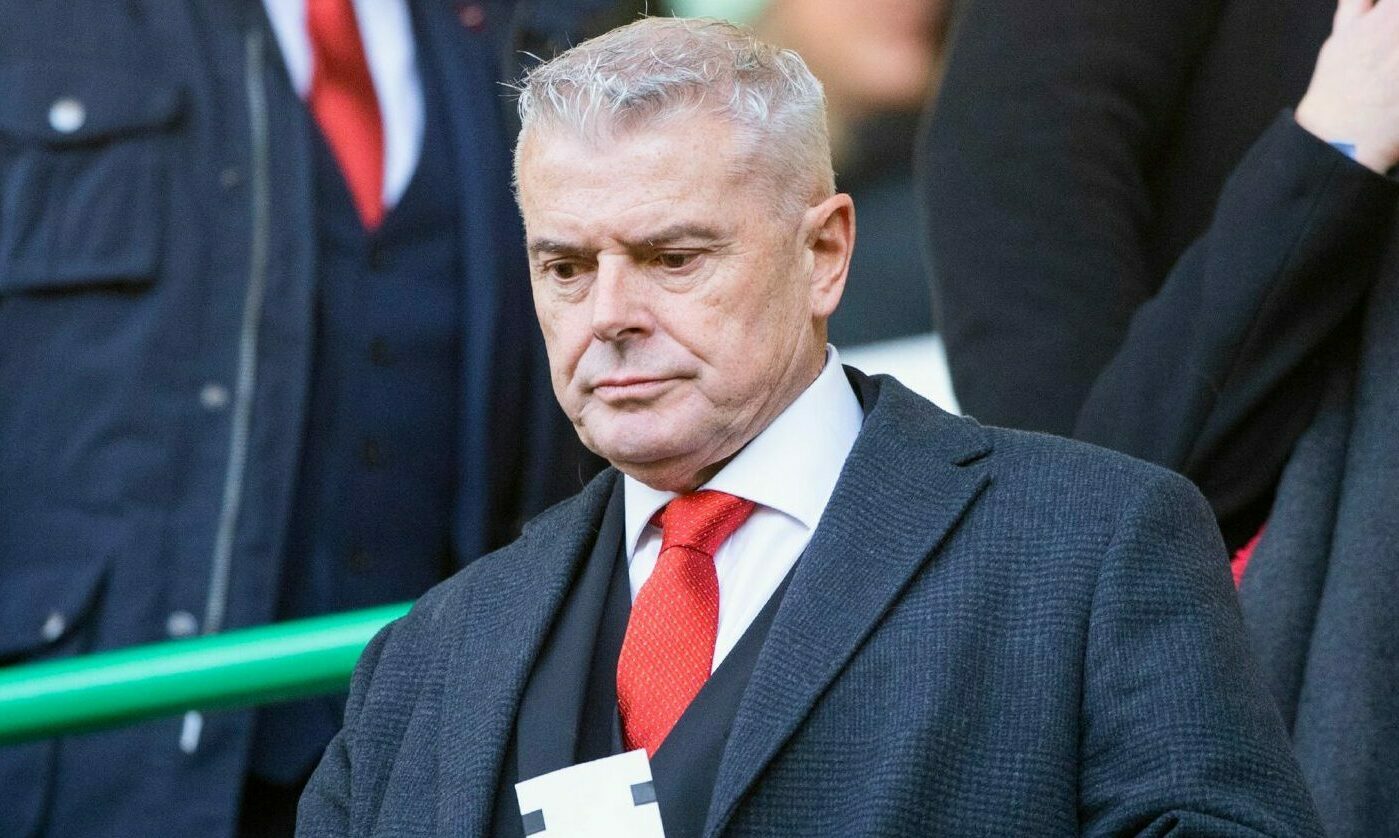After sacrificing a major part of their lives to one team, football fans are right to demand that their voices are heard, writes David Knight.
I remember cheering on James Herriot when I was a young teen, as he played in goal for my favourite team – during a snow blizzard in Carlisle.
For fans of All Creatures Great and Small, I should clarify that I am not talking about the author of the famous vet books.
No, it was Scottish goalie Jim Herriot, whose name the vet nicked as a writing pseudonym after taking a liking to it while watching him in a televised match. It’s an anecdote which entered literary folklore, and I’ve not seen anything since to contradict it.
I think that afternoon in Carlisle counts as the coldest 90 minutes of my life; it still makes me shiver.

Like those US paratroopers whose exploits inspired the war drama Band of Brothers. Wrinkled and grey, these real former soldiers reminisced about their combat experience in little segments before each episode.
I’ll always remember vivid imagery painted by one as he spoke about surviving in frozen trenches in woods around Bastogne in Belgium during the Battle of the Bulge, and how he thought about it on winter nights years later – as he snuggled deeper under a cosy warm duvet.
Or George Orwell’s earlier experience in fighting fascists from freezing trenches in the Spanish civil war, in Homage to Catalonia. In chapter two, he recalls: “I dreaded the cold much more than I dreaded the enemy.”
Well, my lasting memory was being frozen to the bone in Carlisle.
After dedicating themselves to a team, fans have a right to be angry
I was a foot soldier with a loyal band of supporters, following our team around the country through thick and thin. I’d joined forces with classmates to form a little club which sent two of us off to every away match – funded from paper rounds and similar modest means.
Once hooked at an early age, the agony and ecstasy of being a fan never leaves you. Look at me: even now, I hover over my mobile every time they play, for kick-by-kick updates, wishing the ball across the goal line.
Most fans these days just yearn for a crumb of success. But, after sacrificing a major part of their lives to the team, they are entitled to be angry; right to demand their voices be heard.
Too often, fans are taken for granted. Look at their furious reaction to the sorry plight of Aberdeen Football Club, as it searches for a third manager in just over a year, after shoving Jim Goodwin out of the door.
Almost as fast as the revolving door in Downing Street.
A town’s identity is entwined with its football club
I could see from the letters’ page of The P&J that there were plenty of veteran fans still feeling the pain. Among them was a man of 90 who wrote in to berate the clueless Dons’ hierarchy.
You see, it never leaves you.
Some might say: “Come off it – it’s only football.” But, as legendary Scots manager Bill Shankly said: “Some people think football is a matter of life and death… It’s much more serious than that.”
Has the club been so immersed in these commercial priorities – and battles – over the past few years that it’s taken its eyes off the ball, so to speak?
Psychologists will tell you the secret is that fans love the sense of belonging to their own band of brothers (and sisters), the uninhibited tribal emotion of roaring from the stands – and pride in their players. Pride which brings a spring in the step to the whole region, not just individual fans.
With the Dons’ £80 million expansion plans reputedly worth £1 billion to the local economy, their current downward spiral on the pitch is not merely a sporting issue.
A town’s identity is entwined with its football club.
Has the club been so immersed in these commercial priorities – and battles – over the past few years that it’s taken its eyes off the ball, so to speak?
Bond between fans and players endures
Chief hirer and firer – club chairman Dave Cormack – was so full of remorse, he almost donned sackcloth and ashes, publicly self-flagellating to appease fans; people won’t tolerate that for long. He tried to show he cared as much as them.
Goodwin struck a more defiant pose a few weeks earlier, when pressed about some of the more extreme comments over his competence. He retorted along the lines of: “I’m not worried about people I’ve never met.”
Not a great way to win hearts of fans, but maybe he knew he was walking the plank. Being charitable, perhaps it was a dig at social media trolls.
My thoughts drift back to the second half at Carlisle. Our mood, looking across the snowscape, was on a par with Scott of the Antarctic being beaten to the South Pole.
Our frozen stupor was broken by a couple of our players waving at us. Maybe they wondered if we were still alive.
But, it was a bond between us which warmed our hearts, at a time when we were losing the will to live – not an unfamiliar feeling among fans.
David Knight is the long-serving former deputy editor of The Press and Journal



Conversation